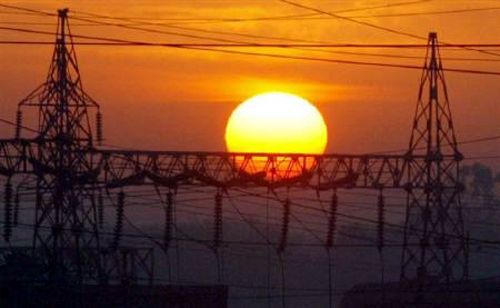 India's power sector faces annual losses of $27 billion by 2017 unless sweeping reforms are taken to tackle inefficient subsidies, theft and political meddling in utility companies, the World Bank said on Tuesday.
India's power sector faces annual losses of $27 billion by 2017 unless sweeping reforms are taken to tackle inefficient subsidies, theft and political meddling in utility companies, the World Bank said on Tuesday.
Prime Minister Narendra Modi has pledged to bring electricity to the 300 million Indians who still lack power and improve the reliability of supplies, one of the biggest complaints of companies doing business in the country.
Blackouts this summer have underlined the scale of that task, with large parts of north India suffering from severe power cuts after a rise in temperatures triggered a jump in demand that suppliers and an antiquated transmission system failed to meet.
Launching its report into the sector, the World Bank said that despite the gains made in the past decade, when 280 million Indians gained access to electricity, India would struggle to make further progress unless it gave its utilities the freedom to improve their performance.
These largely state-owned companies should be able to raise tariffs in line with their costs, receive more compensation for the subsidies they provide to rural users, and improve their accountability to regulators and consumers, the World Bank said.
"Two decades after the initiation of reforms, an inefficient, loss-making distribution segment and inadequate and unreliable power supply are major constraints to India's aspirations for growth," said Onno Ruhl, World Bank country director in India.
"Revitalising the power sector, by improving the performance of distribution utilities, and ensuring that players in the sector are subjected to financial discipline is the need of the hour."
The World Bank estimates that 15,000 hospitals and 123,000 schools could have been developed in 2011 if the states had not been required to pump money into utilities to keep them afloat.
(Reporting by Tommy Wilkes)












 © 2025
© 2025